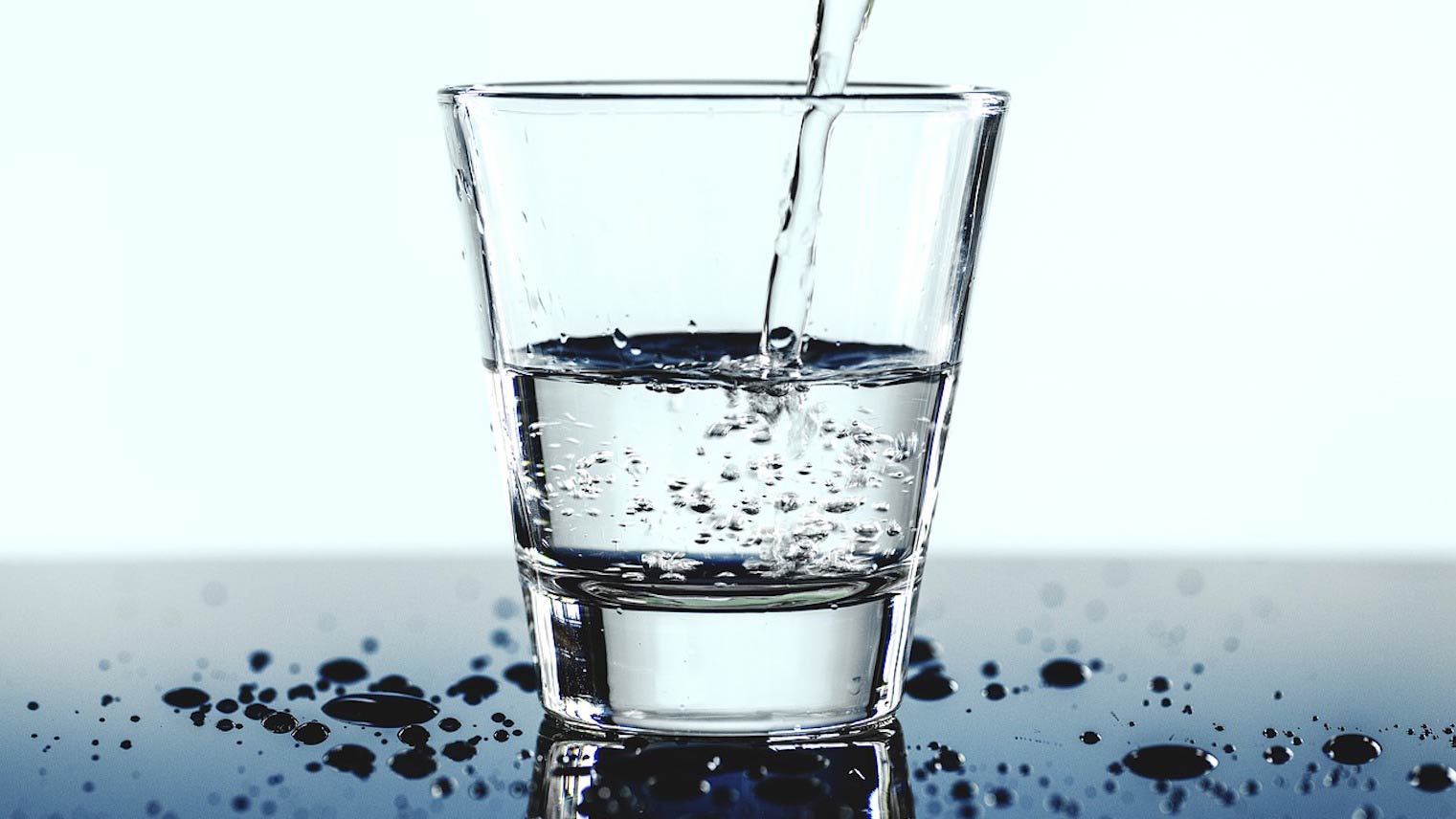
Just in time for the 50th anniversary of the Safe Drinking Water Act, the Arizona Department of Environmental Quality (ADEQ) has completed a statewide sampling project for per- and polyfluoroalkyl substances PFAS.
PFAS are a group of man-made chemicals that have been manufactured and used by a variety of industries since the 1940s.
The initiative prioritized small and rural public water systems, identifying 752 systems to be sampled statewide.
Ultimately, ADEQ tested 693 systems and analyzed more than 8,000 water samples for 29 types of PFAS over 663 days.
The project launched in November 2022, coinciding with the arrival of Matthew Olson, project manager at ADEQ, who began managing the PFAS sampling project at that time.
Olson said the project was initiated in anticipation of updated regulations, referring to the Environmental Protection Agency’s (EPA) announcement earlier this year of the final National Primary Drinking Water Regulation for six PFAS.
“ADEQ has been sampling for PFAS since about 2016, and the statewide PFAS sampling project really represents a groundbreaking effort from ADEQ to safeguard the drinking water quality and public health,” Olson said.
The agency created a comprehensive database and published its findings on an interactive map.
According to ADEQ, 88% of public water systems met compliance requirements with the EPA’s newly established Maximum Contaminant Levels (MCLs) for PFAS, while 12% of sampled systems exceeded at least one PFAS MCL, calling for mitigation.
Santa Cruz County reported the highest percentage of systems with PFAS above MCLs at 44%, followed by Gila County with 29% and Pima County at17%.
“We’re hopefully going to be able to use this data for compliance purposes.” Olson said.
The EPA mandates that public water systems complete initial monitoring by 2027, followed by ongoing compliance monitoring and public disclosure of PFAS levels in drinking water.
Systems must implement solutions to reduce PFAS levels exceeding federal standards by 2029.
“By using this data for compliance purposes…it’s going to be continued savings on the public water systems so that way they don’t have to retest their systems,” Olson said. Sampling can be costly and between $300-$400 per sample.
Olson added that connecting public water systems to nearby clean water sources is one of the most cost-effective ways to mitigate PFAS contamination.
“We are focused on mitigation projects, at mitigating PFAS through non-treatment options primarily and that’s absolutely because we’re trying to keep cost and ease of operations and maintenance for those public water systems in mind,” Olson said.
The initiative complements a federal sampling effort under EPA’s Fifth Unregulated Contaminant Monitoring Rule (UCMR5), which studies unregulated contaminants at larger public water systems serving populations of more than 3,300 people.
“This is a great way for us to help all the public water systems that we could to get ahead of the regulation, understand what challenges and next steps they might be facing if they are impacted by PFAS,” Olson said.
ADEQ estimates that there are approximately 1,500 public water systems in Arizona.
The agency plans to expand its baseline data and support mitigation efforts through technical guidance, state and federal funding and treatment solutions based on the findings from the initiative.

By submitting your comments, you hereby give AZPM the right to post your comments and potentially use them in any other form of media operated by this institution.